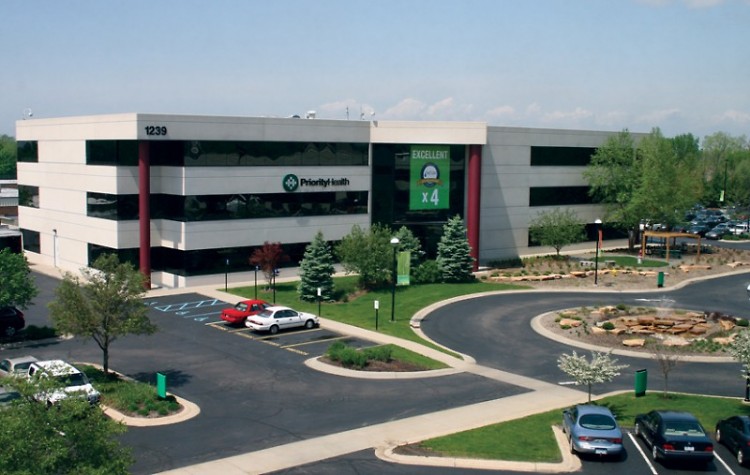Priority Health was recognized with an excellent rating by the National Committee for Quality Assurance (NCQA) for its commercial HMO/POS, Medicaid HMO, Medicare HMO/POS and Medicare PPO health plans. The plan is reviewed every three years by the NCQA and has received a consistent “Excellent” rating, the highest level that NCQA is able to distribute, for over 15 years.
“Our physicians have done a great job, so combined with the way that we function as a health plan and what's done by the physicians in the community, we've consistently performed in the top 10% of health plans across the country," says Jim Byrne, MD, chief medical officer for Priority Health.
“If every health plan in the country performs at a level where we are, there would be many thousands of lives that would be saved. This does make a difference in peoples lives and it is important,” adds Byrne.
NCQA is a neutral third party that analyzes health plans across the country to assess their performance. It tells them where they can make their improvements, and publicly reports the results on their website. Accredited plans are evaluated throughout five categories: quality management and improvement, utilization management, credentialing, members' rights and responsibilities and member connections.
Dr. Byrne attributes Priority Health's successful evaluations to those last two elements. Focusing on members' rights and responsibilities-as well as member connections- keeps the plan focused on asking themselves if it is doing everything on behalf of the members to make sure that they receive the benefits and services that they should both in terms of what the contract says, as well as what's right for them from a health perspective and the relationship that they have with their provider partners.
“We ask that our providers perform appropriate preventive services. That they provide management of chronic disease like diabetes and hypertension and also that they provide appropriate access for our patients,” says Byrne. “In order to get this level of accreditation we need to be able to demonstrate the performance of our network, our physicians and how they take care of our patients.”
Communication, Byrne points out, is among the plans top priorities,
“We're very active in this process of communicating with our members so that they understand that they have a voice," he says.
Priority Health puts an emphasis on receiving 100% compliance within the accreditation process.
“We've been doing this for going on 20 years and it's really deeply embedded into our culture that we work on this every day to make sure that we achieve these kinds of results on behalf of our patients,” says Byrne.
The plan is transitioning into an era of new innovative services.
“We're starting to do a lot of work around what we call 'decision support' for patients, making sure that we look at patients and understand what their values are, what their wishes are for their own healthcare and that they are made aware of all of the options that are available,” says Byrne.
Speciality clinical teams are working with patients in a new addition of the plan called “health navigation.”
“We have staff on board who are working especially with people who have more complex medical situations to help them navigate through the delivery system so that they have the information they need to assist them as they're making some big decisions about their own health,” says Byrne.
“What's happening today in terms of the way healthcare is evolving is happening in a faster way than I or our health plan has ever experienced. I think in many ways that's a very good thing for our community, that you'll see much more collaboration between health plans and providers,” says Byrne, who has been with Priority Health since the early '90s. “You will see continued push on accountability both in terms of quality and managing the affordability question.”
The Rapidian, a program of the 501(c)3 nonprofit Community Media Center, relies on the community’s support to help cover the cost of training reporters and publishing content.
We need your help.
If each of our readers and content creators who values this community platform help support its creation and maintenance, The Rapidian can continue to educate and facilitate a conversation around issues for years to come.
Please support The Rapidian and make a contribution today.

